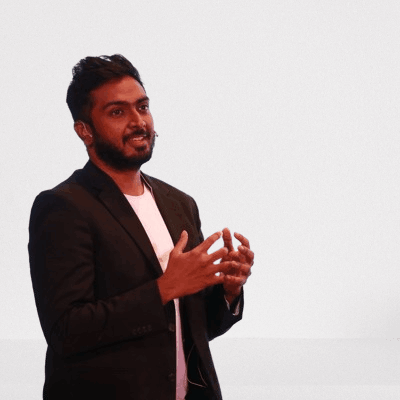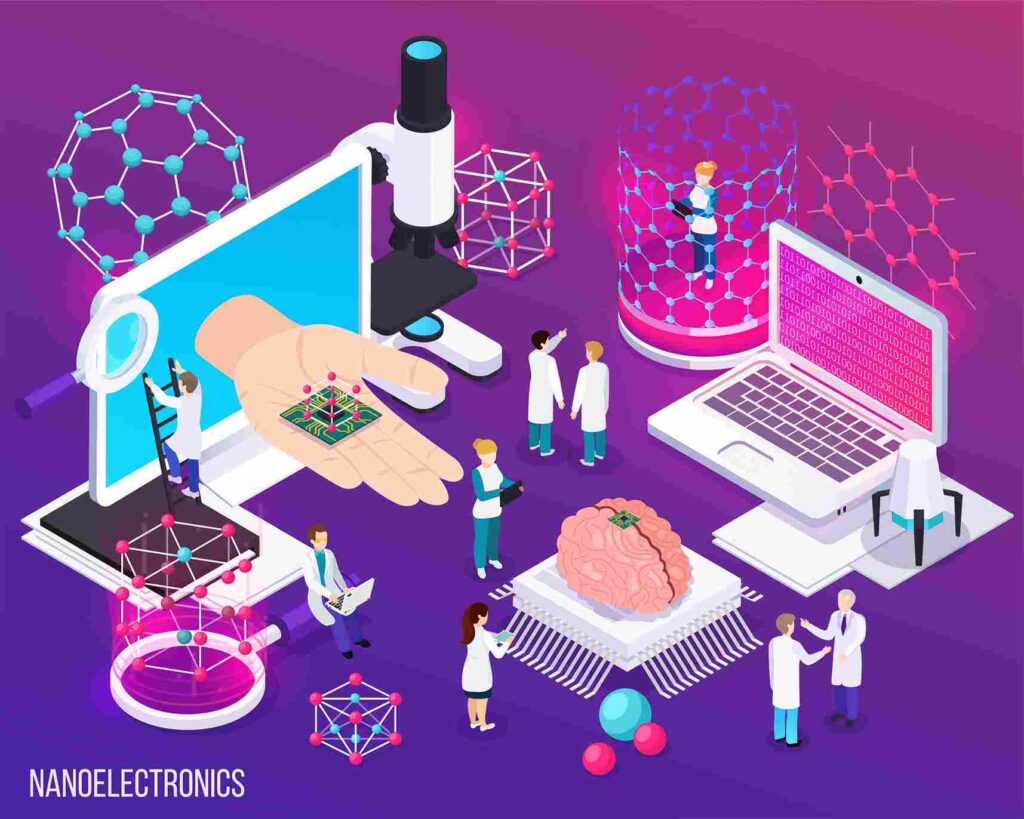Rohit Ghosh

In a recent conversation, Rohit Ghosh, a distinguished expert in healthcare AI and former executive at Cure.ai, shared his profound insights into the game-changing role of artificial intelligence in modern healthcare. His journey, from diverse fields like investment banking and logistics to the forefront of healthcare AI, highlights the powerful impact of innovative technology on improving medical practices and patient outcomes worldwide.
A Journey Towards Healthcare Transformation
Ghosh’s transition to healthcare AI was driven by a desire to make a lasting difference. After a brief stint in industries unrelated to healthcare, he recognized his passion for leveraging advanced technology to save lives. This realization led to the co-founding of Cure.ai, where Ghosh dedicated eight years to developing AI-driven solutions aimed at addressing some of the biggest challenges in healthcare.
The Integration of AI in Healthcare and Its Benefits
The integration of AI into healthcare systems has been particularly effective in the field of medical imaging. Ghosh explains that AI has three primary benefits in radiology:
- Enhanced Efficiency: Traditionally, radiologists spend significant time analyzing medical images like CT scans and MRIs, which can take up to 30 minutes. With AI-powered pre-analysis, this time is drastically reduced, allowing radiologists to focus on the most critical areas.
- Improved Accuracy: AI excels in detecting minute details that might be missed by the human eye. Whether it’s a tiny nodule in the lungs or a subtle brain bleed, AI improves the precision of diagnosis by complementing human expertise.
- Early Detection: One of the most significant advantages of AI is its ability to catch incidental findings, such as detecting early-stage cancer in patients who are being scanned for unrelated issues. Early detection can lead to life-saving interventions.
Reducing Healthcare Inequities
One of the most profound impacts of AI, according to Ghosh, is its ability to reduce healthcare disparities, especially in underserved and rural areas. AI can democratize access to high-quality care by enabling timely diagnoses, even in remote locations:
- Rural Hospitals: In areas where radiologists aren’t available around the clock, AI can provide immediate diagnostic support for urgent conditions like strokes.
- Tuberculosis: AI-driven diagnostics can reduce the time needed for tuberculosis diagnosis from weeks to just one hour, a critical improvement in areas where the disease is prevalent.
- Remote Care: AI bridges the gap between rural and urban healthcare, ensuring that patients in remote locations receive the same standard of care available in major cities.
Overcoming Challenges
While the potential of AI in healthcare is immense, there are several challenges that must be addressed to fully realize its benefits:
- Awareness Gap: Many healthcare practitioners are still unaware of the full capabilities and limitations of AI in medical applications.
- Evaluation Expertise: Hospitals and healthcare providers need clear guidelines on how to evaluate and adopt AI solutions effectively.
- Policy and Regulation: Policymakers must keep pace with technological advancements, ensuring that regulations support innovation while safeguarding patient care.

Future Trends in AI and Healthcare
Looking ahead, Ghosh highlights several promising trends in healthcare AI:
- Personalized Medicine: AI is enabling the discovery of new biomarkers, leading to more targeted and individualized treatments.
- Preventive Healthcare: The shift from reactive care to proactive health monitoring will allow for earlier interventions and better health outcomes.
- Drug Discovery: AI is accelerating the development of new drugs, as well as optimizing combinations of existing medications for improved efficacy.
Building a Sustainable AI Ecosystem
For AI to truly revolutionize healthcare, collaboration among key stakeholders is essential. Policymakers, technologists, and healthcare professionals must work together to build a sustainable ecosystem that promotes innovation while ensuring that AI-powered healthcare solutions are accessible to all. Proper implementation, equitable access, and forward-thinking policies are the cornerstones of a future where AI plays a central role in patient care.
The journey of integrating AI into healthcare is a long but rewarding one. Persistence and collaboration will turn today’s innovations into tomorrow’s standard practices. AI’s potential to enhance healthcare is not just about technology, but about transforming the way care is delivered, especially in regions that need it most. By continuing to push the boundaries of AI, the healthcare industry can achieve a more equitable and efficient system, providing high-quality care for all.
Authors Biography
Rohit Ghosh, an IIT-Bombay graduate and Founding Member of Qure.ai, specializes in business development and strategy. A Google Developer Expert in Machine Learning, he has 15+ publications, including in The Lancet. Rohit mentors data science students, collaborates with GreyAtom, and speaks at global conferences on AI and ML.

